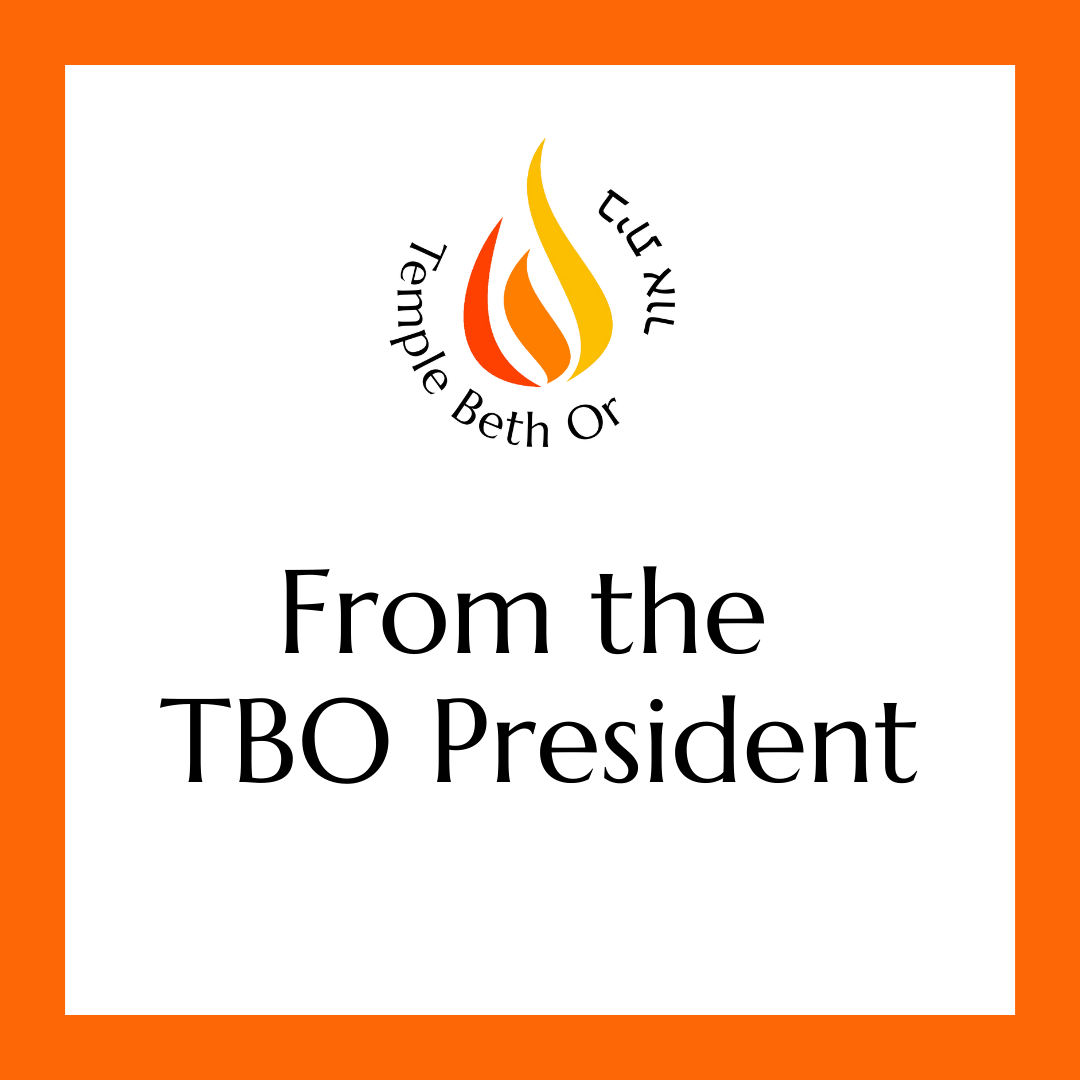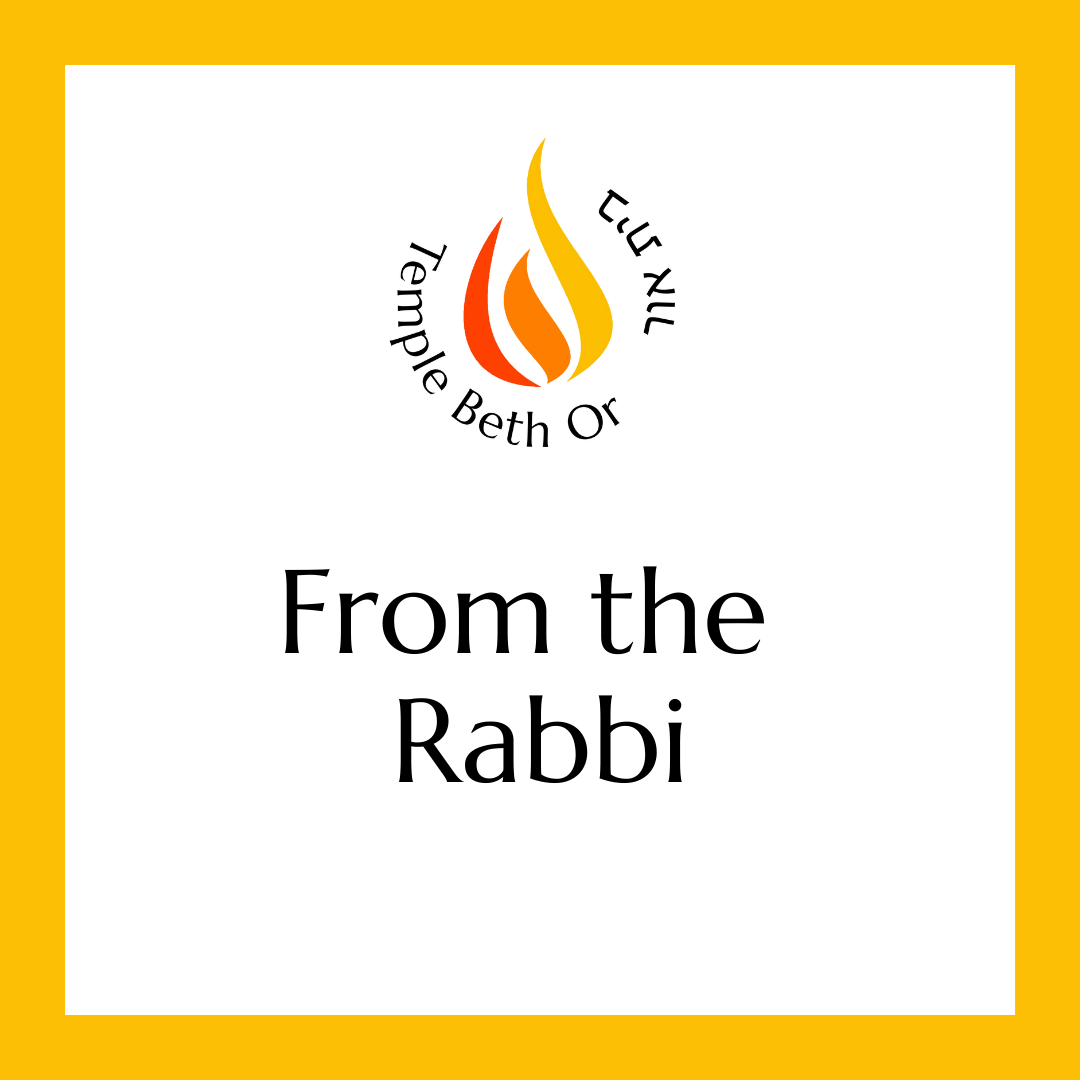The name Israel, Yisrael, means вЂthe one who wrestles with God.’ In addition to being a people that wrestles with God, for thousands of years, we have wrestled with our sacred language, Hebrew, too.
The first account we have of a public Torah reading is in the Book of Nehemiah. After fifty years of exile in Babylonia, when Ezra the Scribe led the Jewish people back to Jerusalem, he gathered the community and read aloud from Torah. There is a detail given about this first pubic Torah reading that I find comforting. “They read from the scroll of the Teaching of God, translating it and giving the sense; so they understood the reading” (8:8). Yes, just like today, the Jewish community that built the Second Temple struggled to understand Hebrew.
The Jewish people have always lived in a dynamic relationship with the Hebrew language. Hebrew was utilized for religious purposes only until the Zionist movement and Eliezer Ben-Yehuda revived it as a spoken language in the late 19th century. The Hebrew language is ever evolving to respond to the modern world. There is even a special academy (founded by Eliezer Ben-Yehudah) that helps create new Hebrew words. Perhaps my favorite is pele-phone, вЂcellphone,’ which literally translates as вЂmiracle phone.’
Other Hebrew words are more difficult to decide upon. Hebrew is a gendered language and until the 1980s there was no feminine for the word rabbi (rav in Hebrew). Some women rabbis use the title rabbah which is a feminized version of rav. Others, like myself, prefer simply using rav as a title, citing the precedent that the titles doctor and professor are used in Israel without gendered distinction.
Just as American English is changing and adapting to be better inclusive of nonbinary gender identity, Hebrew is working to be more inclusive too. Gender inclusive Hebrew linguists have created a third non-gendered tense. For example, a student could be a talmid (masculine), talmidah (feminine), or talmideh (gender nonbinary).
Eyal Rivlin, one of the scholars trailblazing the work of gender inclusive Hebrew shared why this is an important project for him as a cisgender male: “I bristle at the idea that a language is for some people and not for others; for us, not them. Language is a major part of identity, and for centuries Jews fought to hold on to Hebrew, often at the expense of their lives. It is strange to claim that Hebrew is only for non-minorities when Jews have long been the world’s ultimate minority.”
Our tradition teaches that God spoke and the world was created. While adapting language can be difficult, I am proud that our TBO leadership is exploring best practices with regard to gender nonbinary language. The language we choose to use, whether Hebrew or English, has the ability to build sacred, inclusive community.
Rabbi Rachel Kort (she/her)



